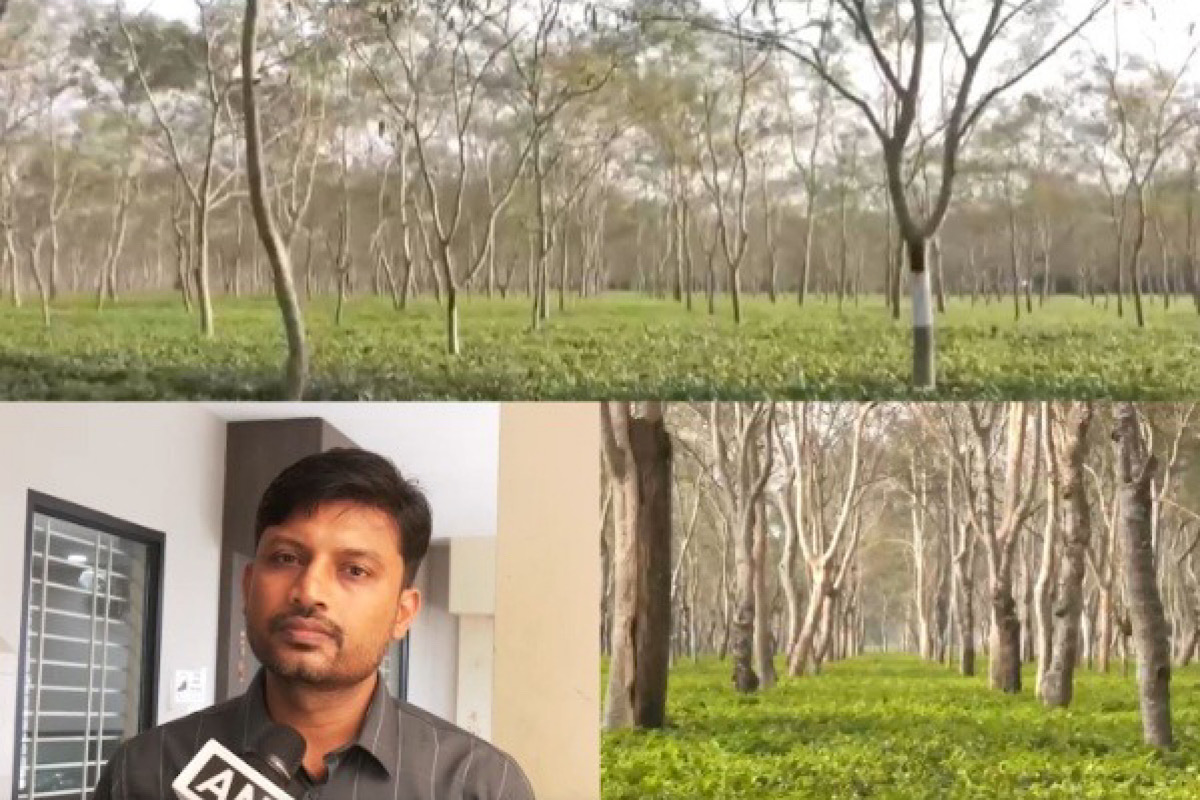The ailing tea industry in Assam needs proper promotion, particularly overseas, so that it can tap new markets, according to Nalin Khemani, Chairman of Bharatiya Chai Parishad.
“The commerce ministry must ensure that our exports improve; they promote our tea. There is an oversupply in our domestic market, and the export demand is tepid. If the government takes up with the Tea Board to introduce a tea promotion policy, we can tap new overseas markets,” he told ANI ahead of the Union interim budget.
The Budget session of Parliament, the last session before the general elections expected in April-May, will begin on January 31 and is likely to continue till February 9, sources had said.
Advertisement
Union Finance Minister Nirmala Sitharaman will present the interim budget on February 1. The session will begin with President Droupadi Murmu’s address to the joint sitting of the two Houses of Parliament.
The interim budget typically takes care of the fiscal needs of the intervening period till a government is formed after the Lok Sabha polls.
Tea prices have been largely steady post-Covid, due to low sales realisation, he told ANI from Dibrugarh, one of the major tea hubs in the growing regions in the upper Assam.
To Assam, which will also next month table its budget for 2024-25, the Bharatiya Chai Parishad requests the state government reduce the industry’s overall social cost burden.
“The industry is in stress. For any industry to be sustainable, there has to be a self-sustainable model. Subsidies can’t help the industry. If the government can take over our social cost burden, it will help the industry. When the Assam tea industry came to being 200 years ago, the tea estate management used to set up infrastructure– schools and hospitals. Now the government is doing a commendable job, and they should now take over the garden hospitals, which will reduce our social cost burden,” Khemani added.
“It will be a win-win situation for both tea garden management and the workers, as it will ensure workers have quality medical facilities,” he added.
India, with a share of 11 per cent, is the fourth-largest tea exporter after China, Kenya, and Sri Lanka.
India as a whole contributes 23 per cent to the global tea output and employs around 1.2 million workers in the tea plantation sector. Just Assam produces nearly 700 million kg of tea annually and accounts for around half of India’s overall tea production.
For several years now, India’s tea industry has been struggling with issues such as rising production costs, relatively stagnant consumption, subdued prices and crop losses due to climate change. It also faces the challenge of finding a footing and holding its ground in a competitive global market.
The tea business is cost-intensive, with a sizable portion of the total investment being fixed cost.
The tea industry in India is expected to register an 8 per cent degrowth in revenue this financial year, led by a decline in exports, according to a recent Crisil Ratings report issued in 2023. Operating profitability is also expected to fall for the second year in a row, shedding 100 basis points (1 per cent is equal to 100 basis points) to 5 per cent, due to lower tea prices, it said.











